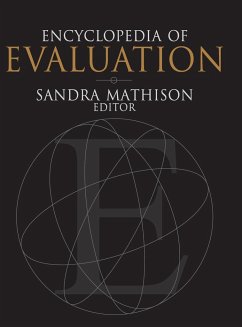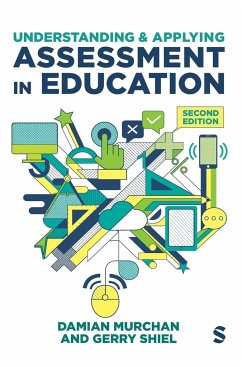Nicht lieferbar

Developing Research Proposals
Versandkostenfrei!
Nicht lieferbar
Weitere Ausgaben:
* * * * * * need to know, these practical and supportive books cover a range of areas from presenting research to achieving impact, and from publishing journal articles to developing proposals. They are essential reading for any student or researcher interested in developing their skills and broadening their professional and methodological knowledge in an academic context.







